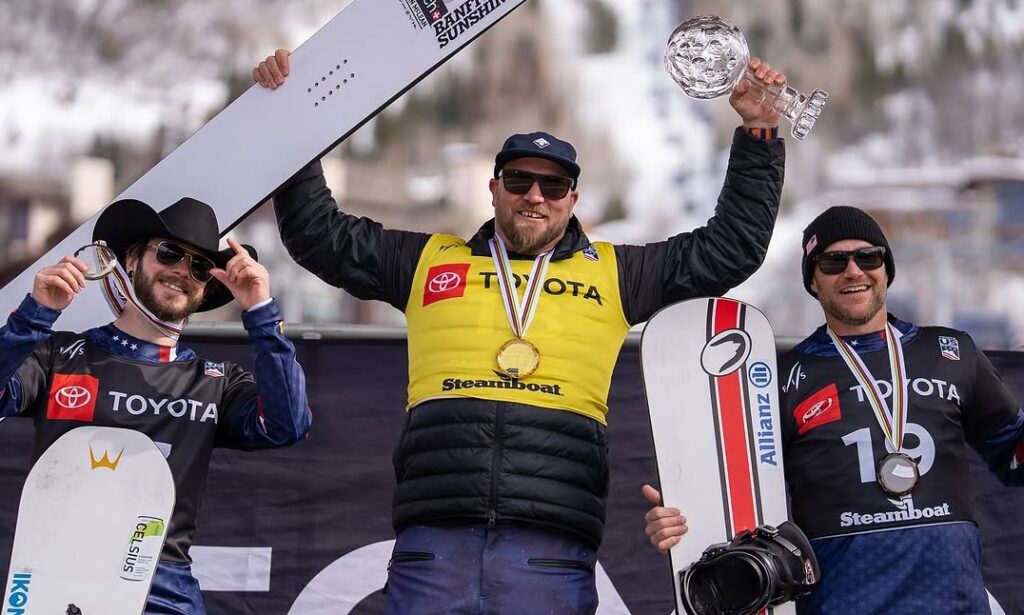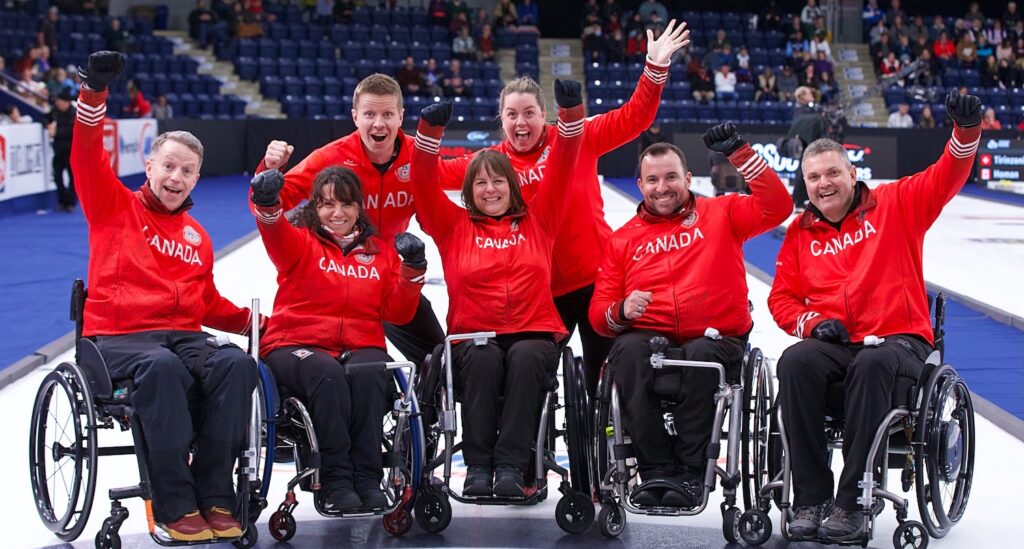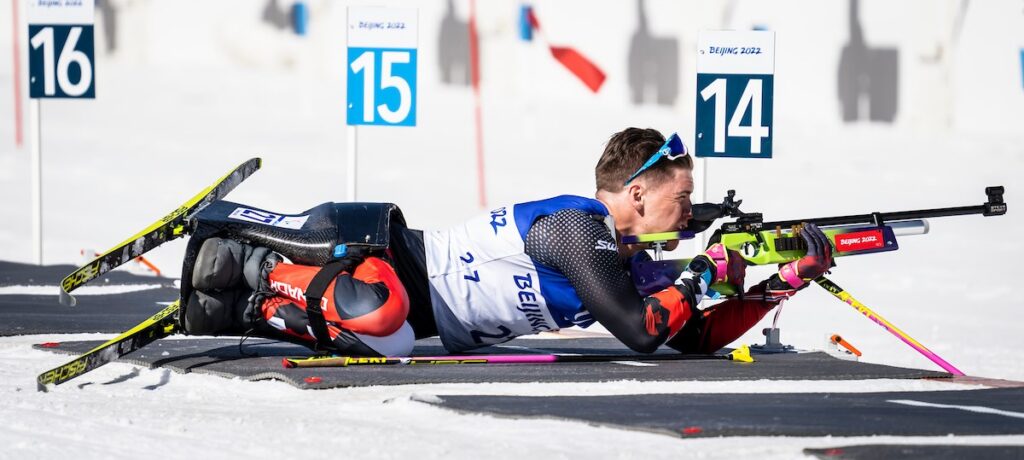Health Matters: Kayla Dodson on how physical and mental strength work together
Para alpine strength and conditioning coach supports athletes in many ways

As an undergraduate student at the University of Windsor, Kayla Dodson was busy. While earning her Bachelor of Human Kinetics degree, Dodson was also the captain of the school’s hockey team and regularly volunteered with stroke and rehabilitation patients in a community exercise program.
She was heading down a career path that maximized her knowledge and experience of strength and conditioning and paired it with helping people through sport and fitness.
This path continued for her in Australia, where she completed her Master’s degree, accepted an internship with the Australian Institute of Sport and began working closely with the Para kayaking program. After graduation, she returned to Canada and, in 2017, started working with the Canadian Sport Institute Pacific as the strength and conditioning coach for the Para alpine team.
“It was a case of hard work, meeting the right people and good timing,” she says.
One slight concern: she didn’t know how to ski.
“I’m from southern Ontario,” she says. “I’ve never been on a mountain.”
Would that hamper her duties as strength and conditioning coach for Canada’s best Para alpine skiers?
Not at all, it seems. At the PyeongChang 2018 Paralympic Winter Games, the 12 members of the Para alpine team combined to bring home 10 medals, including three gold.
“When I started my job, I told the athletes ‘You know a ton about skiing. I know a ton about strength and conditioning. I’ll teach you how to get better at the things you need to get better at. You can teach me how your world of skiing works’.”
Dodson is still the strength and conditioning coach for the Canadian Para Alpine Ski Team – and she did learn how to ski. She is also its Integrated Support Team (IST) Lead, working with other health care practitioners including physiotherapists, doctors, mental performance coaches and dieticians to ensure a consistent standard of care for all team members.
Another passion lies in better educating fellow sport science practitioners about high performance Para sport. As the co-lead for Own the Podium’s Paralympic Practitioner Development Pathway, she ensures the knowledge and resources are available to enhance engagement among practitioners and elite Para athletes.
The Para alpine team is looking for success again, but the road to the Beijing 2022 Paralympic Winter Games has been full of challenges, especially as the COVID-19 pandemic forced the closure of many gyms and training facilities and postponed in-person training and competitions.
Preparation and training needed to continue but Dodson, usually a hands-on strength and conditioning coach, wasn’t keen on monitoring her athletes’ regular exercise programs on Zoom.
“The athletes don’t really like it either,” she says.
So, they improvised. The athletes told Dodson what equipment they had available, and she created individual training programs for them.
Often, athletes need the in-person work with a trainer to stay motivated and accountable, but that was next to impossible with COVID related shutdowns and restrictions. Dodson wondered how the athletes would stick to their personalized plans while dealing with the realities of living through a global health crisis.
“I don’t know what it was,” she recalls now. “Maybe when they thought that the world was giving up, they just pushed and pushed.”
When the athletes were finally able to meet again in person, albeit about three months later than usual, “they were in the best shape that I had ever seen,” Dodson says.
“I think at the beginning of the pandemic, we were all motivated to keep going however we could. Creativity has been at an all-time high.”
The drive to perform at the highest levels is something Dodson says is always ingrained in elite athletes, but she’s starting to see a different pattern emerge – a more holistic and well-rounded approach to sport.
“There used to be this mindset that you just need to get stronger,” she says. “We were so focused on strength. But in certain sports, there’s a level that’s strong enough. If an athlete is extremely fit but their mental health isn’t that great, for example, they’re only going to go so far.”
As IST Lead, Dodson recognizes that elite performance takes into consideration so many factors, such as mental health, an athlete’s skiing technique, their diet, their medical needs, and their rest and recovery.
“All of these factors need to be in optimal condition during the Games, on one specific day, for one specific race.”
Dodson recognizes that while she’s the IST Lead and a key part of the training staff, supporting the individual Para alpine athletes really is a team effort.
“I work with an incredible team – staff and athletes alike,” she says. “I am constantly learning from them and I know our team is successful because of this dynamic. It takes a team to be successful.”
Health Matters, presented by Pfizer, shares stories of the important team behind the team, supporting the athletes’ health and wellness.



"*" indicates required fields
"*" indicates required fields